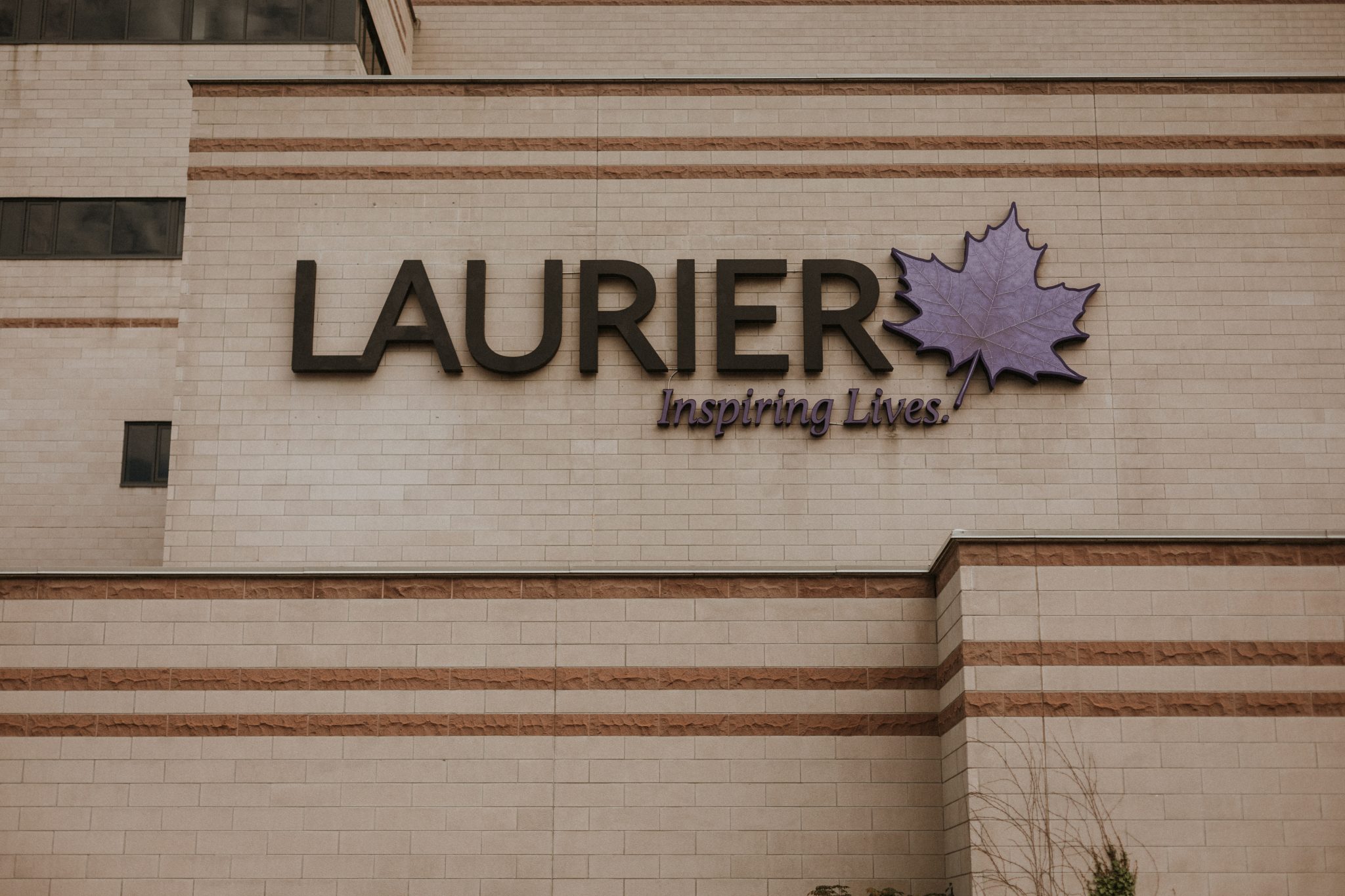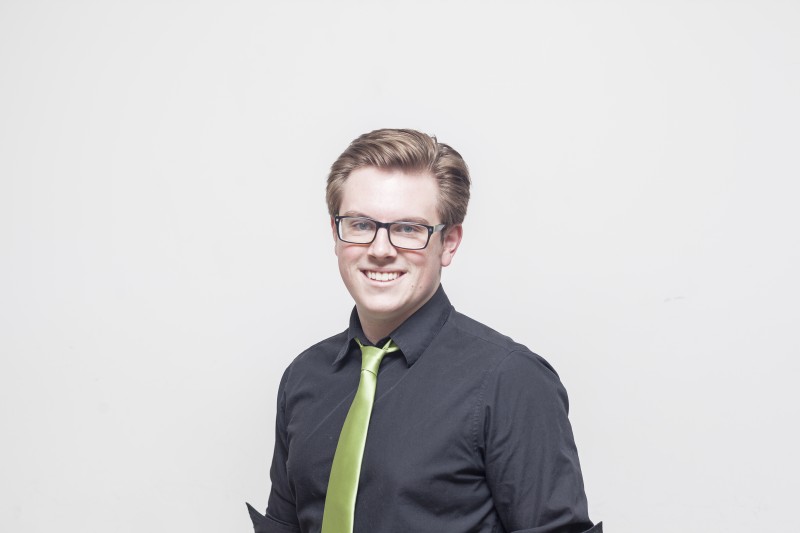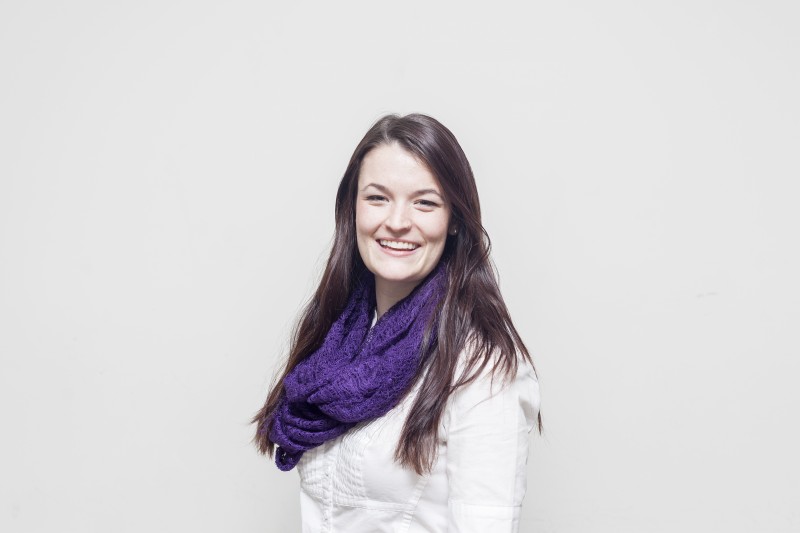Scratching the surface

Senior News Editor Marissa Evans sits down with the Students’ Union presidential candidates to discuss their campaign experience and vision for the position
Senior News Editor Marissa Evans sits down with the Students’ Union presidential candidates to discuss their campaign experience and vision for the position
- What does your experience at Laurier bring to you as a candidate?
- What do you think is the largest issue facing students at Laurier and how would you address it, if elected?
- What element of the campaign has challenged you the most so far?
- What is the most important quality for the Students’ Union president to have and why?
- I think my experience in different facets of the university provides me with an insight as to the needs and desires of a wide variety of students, not necessarily one small individual subpopulation but the entire student body. My experience starting and coordinating the mental health education group, my experience being involved in intramural sports and donning and doing all these different things within residence, as well within the music faculty, have given me a really well-rounded understanding of the Laurier student body as a whole.
- I think the largest issue facing students at Laurier right now is the need to see tangible value as an outcome of the fees they’re paying. I think that’s one that all students can agree with, that they pay so much to go to Laurier — they pay to be a member of the Students’ Union, they pay to be in the faculty associations and all these different things — and they need to see tangible value as an outcome of that. And I think that’s one thing that’s year in, year out. Obviously the tuition amounts aren’t necessarily under Students’ Union control, but what the Students’ Union and the president of the Students’ Union can do is make sure that the money students are paying toward the Students’ Union provides them with that desired outcome. So that students can look at their invoice and say, “Oh, that money is going to the Students’ Union and man I’m glad I’m paying it because it gets me this and this.” So it’s about not only making sure that not only are we providing quality programming and services, but we’re educating students as to what we’re providing and why we’re providing it, so that they’re able to understand where their money goes and why they benefit from it.
- I think coming into the open forums and the debate, that will definitely be the challenge to try to make sure that we’re all clear headed enough amidst a crazy couple of weeks to answer the questions the best we can. I think the biggest challenge up until this point has just been trying to assess your weaknesses. It’s easy to look at the things you’re doing and I think the biggest challenge has been to look at what haven’t I been doing. What are the other candidates doing that I’m not doing, what is there I should be doing that will help take my campaign to the next level. I think that’s been the hardest part because you get caught up in oh I’m doing this and this, and I’ve got so much to do to organize the things I am doing, that it’s easy to overlook what you’re not doing. But at the same time I think that’s one of the most important things. That’s definitely been the hard part, is to take a step back and say where am I weak and how can I improve.
- I’d say leadership. And I say that because leadership encompasses a variety of other characteristics, such as accountability, reliability, relatability, responsibility. I think to be a leader you have to be someone who others trust without knowing. You have to be someone people can look up to — you have to lead by example. And I think that’s something I can really bring to the role, is being someone who students are able to relate to, but who is also capable of representing the student body to the degree to which Laurier students deserve. I think leadership is often overlooked, to be able to lead your vice-presidents and your AVPs and the coordinators, it really takes a sense of vision and purpose and a skillset that allows you to manage a team and to inspire other students to really seek leadership opportunities themselves. Leadership is also about not only having others trust in you, but having the ability to trust in others. So trusting in your VPs and your AVPs and your coordinators to do some of the work that lets you focus on your vision, that lets you focus on making sure the voices of Laurier students are heard. I think that’s a very important quality of the leadership that I think is needed of the Students’ Union president position.
- Well I’ve been fortunate to be involved in various aspects of the University, so I’m not simply a one line candidate, for example. I’ve been involved in Residence Life for three years, I’ve volunteered in the Dean of Students Office as a peer conduct advisor, I volunteer for the Students’ Union as a policy research exec — and all those different experiences have brought me into contact with different students. And bringing all those university departments together I think would be very beneficial in the role.
- The largest issue — see I think it’s an interesting question because some people will phrase it as what’s the largest issue facing students for the Union, that the Union can tackle, and what’s the largest issue facing university students. I think the largest issue that the Union is going to face in upcoming years is the fact that I think students are over-programmed at this point and then we’re going to lose volunteers because of that because they’re so busy. And also we’re going to lose people coming out to events. So on the Union end, I think that’s an issue. The biggest thing for university students I would say would be — I know this is going to maybe sound interesting because I’m a woman candidate — but I think we’ve seen a lot of talk about gendered violence on campus and I think we could do a lot of things as a Union in order to support the gendered violence task force and also just create some sexual assault awareness campaigns on both of our campuses. So campus security and safety with regards to those issues I think are huge for the University right now. It’s a topic that no one has, like the student led initiative with the gendered violence task force is great. But I think the Union could be doing a better job of also supporting students and offering services.
- My number one goal to set out for my team was to make sure their time was being valued as much as possible because let’s be real, they’re volunteering their time for me for a few weeks and are just getting an experience out of it. So I think the most challenging thing is I want to be there for students who I haven’t met yet, because I want to obviously get my name out there as much as possible, but I also want to be there for my team as much as possible because they’re the ones that have supported me through this entire endeavour for months. So making sure that I’m getting out there as much to new students but also making sure that my volunteers feel valued. It’s a challenge, but it’s so rewarding in the end. Like when you come out at the end of the day and a volunteer could come up to me and be like, “Hey I had a great conversation with a student,” it’s like awesome, you’re killing two birds with one stone right there.
- Approachability. I’ve said this before: I think it’s based on person and platform. You have to have good ideas, but there’s no sense in having good ideas if you can’t be trusted to enact them. I think approachable in the sense that students can come up to your office and you’ll go out to events as well. Because how are you supposed to advocate on behalf of student needs if you don’t know what they are. Absolutely being a good representatives means you can be approachable to all students on both of our campuses.




